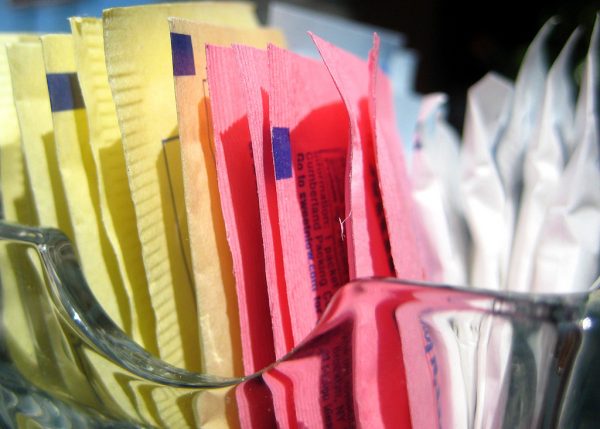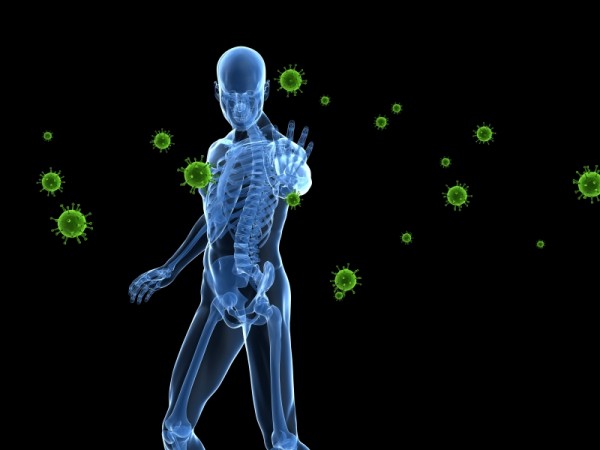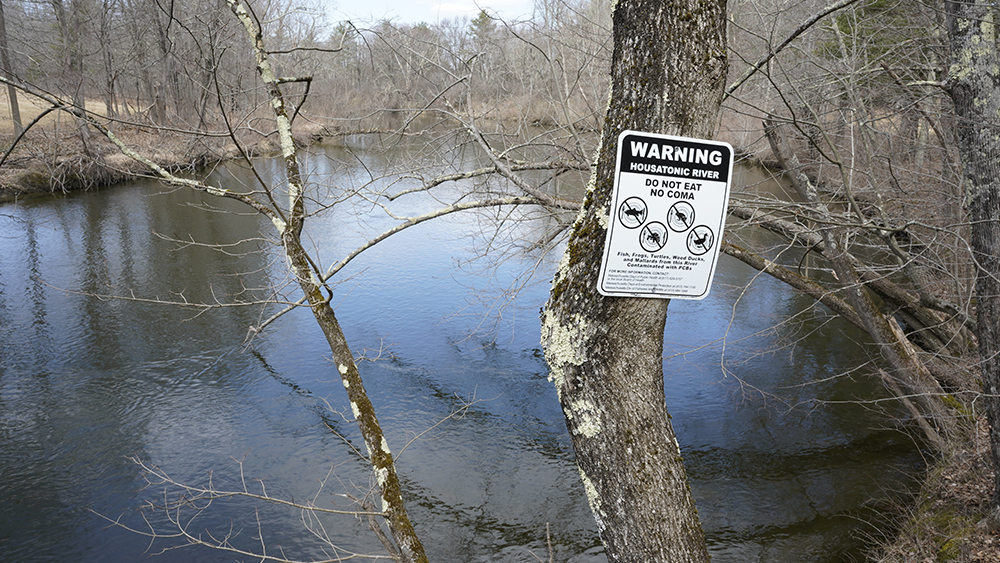 Parler
Parler Gab
Gab
Anxiety and depression
The findings of a study published in the Proceedings of the National Academy of Sciences suggested that aspartame, which is commonly found in diet drinks and food, raises the risk of anxiety. Scientists added that aspartame also increases the likelihood of seizures by inhaled flurothyl or by electroconvulsive shock. They hypothesized that if mice are given aspartame in doses that elevate plasma phenylalanine (which can be neurotoxic) levels more than those of tyrosine (which probably occurs after any aspartame dose in humans), the frequency of seizures following the administration of an epileptogenic drug, pentylenetetrazole, is enhanced.Behavioral and cognitive problems
A study published in Nutritional Neuroscience: An International Journal on Nutrition, Diet and Nervous System linked aspartame with behavioral and cognitive problems, as exhibited by neurophysical symptoms, including anxiety, depression, headaches and migraines, irritable moods, insomnia, learning problems and seizures.Cancer
A study published in the Journal of Pharmacology and Pharmacotherapeutics has convincingly proven that artificial sweeteners used as sugar substitutes caused tumors and certain types of cancer. It reported on aspartame, discovered in 1965 as a low-calorie sweetener with a sugar-like taste, but is approximately 200 times sweeter than sucrose, which has been found by Italian researchers in 2007 to cause leukemia, lymphoma and breast cancer. Saccharin, discovered in 1950 and used as a non-caloric sweetener in foods and beverages for more than 100 years, has been reported to be 300-500 times sweeter than sugar and is now often used to improve the taste of dietary foods and beverages and toothpaste. Fear of saccharin increased when a study in 1960 showed that high levels of saccharin caused bladder cancer in rats. Despite sufficient evidence presented of carcinogenicity to animals, saccharin and its salts were downgraded from Group 2B, possibly carcinogenic to humans, to Group 3, not classifiable as carcinogenic to humans in May 2000 by the Department of Health and Human Services.Cardiovascular, cerebrovascular and coronary heart diseases
Results from the NutriNet-Sante cohort study of more than 100,000 participants directly associated total artificial sweetener intake with increased risk of cardiovascular diseases and more particularly, with increased cerebrovascular disease risk. In this large-scale study of French adults, artificial sweeteners – especially aspartame, acesulfame potassium and sucralose – from dietary sources have been extensively studied and meta-analyzed.Digestive diseases
Ariel Kushumaru, professor at Ben-Gurion University of the Negev in Israel, told NutritionInsight that aspartame, saccharin and sucralose exert an imbalance of bacteria, in which your gut contains fewer healthy and beneficial bacteria than normal, called dysbiosis. This promotes the progression of long-term digestive diseases, such as irritable bowel syndrome (IBS). Lead researcher Dr. Karina Goldberg of BGU further said their findings revealed that artificial sweeteners disrupt bacterial communication, which negatively impacts digestive balance and are harmful to gut health. Sucralose, given over a six-week period, could also intensify symptoms in those diagnosed with Crohn's disease because they promote "bad" bacteria in the gut and intestinal inflammation, as implied in a study conducted by researchers from Case Western Reserve University School of Medicine. Researchers and their colleagues reported about 10-15 percent of human patients complained that sweeteners worsened their disease (abdominal pain, bloody stools, fatigue, severe diarrhea and weight loss). Study lead author Dr. Alex Rodriguez-Palacios suggested that patients with Crohn's disease should think carefully about consuming Splenda or similar products containing sucralose and maltodextrin. He said the study demonstrated Splenda inducing changes in gut bacteria and gut wall immune cell reactivity, which resulted in inflammation or disease flare-ups in susceptible people. (Related: Natural sweeteners: Healthy alternatives to sugar and artificial sweeteners.) Read food labels as an extensive number of brands worldwide contain these food additives, especially ultra-processed foods, snacks, low-calorie ready-to-go meals and those tagged as "sugar-free" products. These artificial sweeteners are also offered as tabletop sweeteners instead of sugar in numerous restaurants. Visit Sweeteners.news for more news related to the dangers of artificial sweeteners. Watch this video to learn why artificial sweeteners make you fat. This video is from the Health Ranger Report channel on Brighteon.com.More related stories:
Not sweet at all: Study finds artificial sweeteners can harm your microbiome. Artificial sweeteners stay in the water supply. Artificial sweeteners are continually found to be unsafe and toxic.Sources:
ScienceDirect.com PNAS.org ScienceDirect.com TandFonline.com SagePub.com BMJ.com NutritionInsight.com ScienceDaily.com Brighteon.com -Study: Veganism more harmful to the environment than limited meat consumption
By Belle Carter // Share
Governments continue to obscure COVID-19 vaccine data amid rising concerns over excess deaths
By patricklewis // Share
Tech giant Microsoft backs EXTINCTION with its support of carbon capture programs
By ramontomeydw // Share
Germany to resume arms exports to Israel despite repeated ceasefire violations
By isabelle // Share









